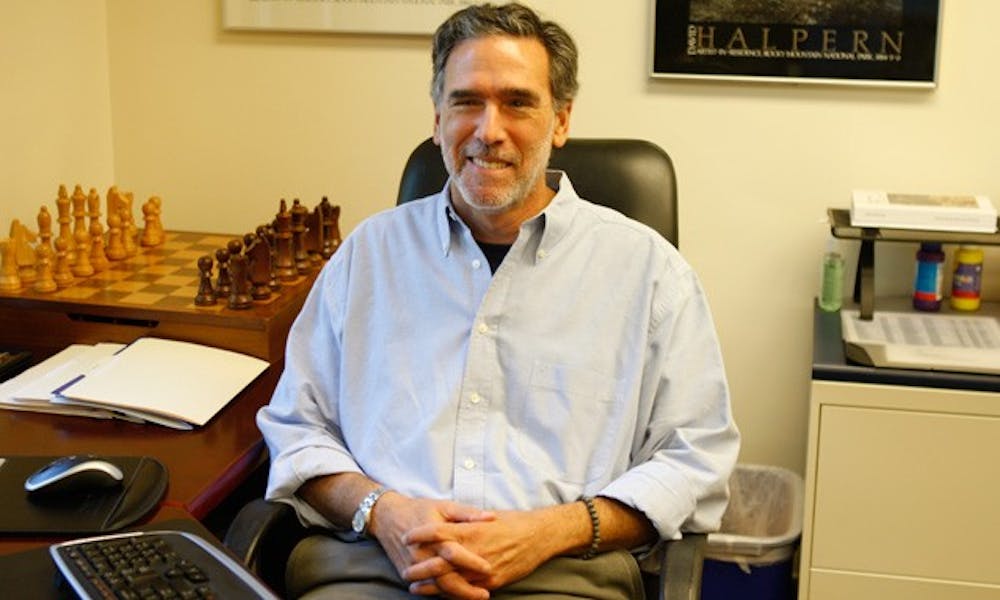With classes back in session, many students may be wistfully reflecting on their long summer breaks.
The summer is often a time of reflection and renewal. However, for youth who cannot afford the luxuries of a stimulating, structured summer break, the time away from the classroom can be detrimental to educational development.
The summer inactivity is not only boring, but research conducted by Harris Cooper, professor of psychology and neuroscience, concluded that the extremely long, dull days are highly inefficient for learning.
Cooper’s research shows that after three months of lost learning, past material must be retaught at the start of each new year to make up for the hiatus. More alarmingly, this reteaching can compound to years of schooling lost by the time the children reach high school.
Cooper’s education analysis gained attention last year when President Barack Obama and U.S. Education Secretary Arne Duncan suggested reorganizing the vacation schedule to make the United States more efficient and globally competitive.
“We can no longer afford an academic calendar designed when America was a nation of farmers who needed their children at home plowing the land at the end of each day,” Obama said in March.
Cooper’s meta-study, a statistical compilation of preceding studies on the issue, found that “year-round” schooling, in which children had three weeks of vacation for every nine weeks of schooling, had a “small positive effect” for all students, but a “larger effect for students of poorer backgrounds.”
“What kids forget most is those subjects in which repetition plays an important role, like language classes and mathematics,” Cooper said. He added that students do not lose basic concepts, “but when a child doesn’t speak English at home, it’s hard for them to keep up on reading during the long summer vacation.... These losses are even worse for students of low income backgrounds who usually aren’t as stimulated as students who can enjoy museum trips and summer camps.”
Some international students at Duke are not accustomed to the long American summers. Freshman Ernesto Traulsen said he had a European summer vacation of eight weeks in his native Switzerland.
“I would forget subjects like Math, but once I did it again it came back very quickly,” Traulsen said.
The history of the American three-month-long vacation is a story of geographical dissimilarities.
“One hundred years ago, students in cities wouldn’t have been surprised to be in school for 10-11 months,” Cooper said, “but with the Great Migration of the 1930s, the school calendar had to be standardized, thus bringing a compromise between rural and urban America.”
But with only 2 percent of Americans involved in agriculture and ranching today, an agrarian school calendar makes little sense, especially in today’s high-tech, tertiary markets.
Cooper, who supports the nine weeks on-three weeks off schedule, said a large-scale move to the system will come slowly.
“The main roadblocks to change are tradition—people don’t want to change—and economics. America’s summer camps and other seasonal businesses don’t want to give up their hold on the three months they do business in,” Cooper said. “Even if they had camps during the year, most locations are only suited to hosting kids and vacation goers during the summer.... The economy will play a big role in deciding when we change the school schedule, but the change is going to come from the bottom-up, starting at the local levels.”
Get The Chronicle straight to your inbox
Sign up for our weekly newsletter. Cancel at any time.

